|
LISTEN TO THIS THE AFRICANA VOICE ARTICLE NOW
Getting your Trinity Audio player ready...
|
World Bank Loan to Help South Africa Turn the Lights Back On
The World Bank has approved a $1 billion loan to South Africa to help the country address its severe energy crisis, which has been exacerbated by the country’s worst-ever power cuts. The loan will be used to reform Eskom, the state-owned power company, and to transition to a more sustainable energy mix.
South Africa has been experiencing power outages since 2007, but they have become increasingly frequent and severe in recent years. The blackouts, which can last up to 16 hours a day, have had a devastating impact on the country’s economy, slowing GDP growth and disrupting businesses.
More than 80% of South Africa’s electricity is generated from coal, making the country the world’s 14th largest emitter of carbon dioxide. The World Bank loan will help South Africa to reduce its reliance on coal and invest in renewable energy sources, such as solar and wind power.
The loan will also support reforms to Eskom, which is struggling with a debt burden of more than $26 billion. The reforms will aim to improve Eskom’s efficiency and financial performance, and to make it more attractive to private investment.
Ethiopia’s PM Says No Invasion, But Still Wants Sea Outlet
In a speech to mark Army Day, Prime Minister Abiy Ahmed of Ethiopia has assured his neighbors that his country will not invade any neighboring nation.
“Our army has never initiated an attack and now we will not attack anyone,” he said. “Fears have been voiced that there could be an invasion when Ethiopia recently stressed the need to discuss some issues… there is nothing whatsoever Ethiopia intends to achieve through invasion. I would like to strongly assure you that we will not pull a trigger on our brothers to attain our needs by force.”
Abiy’s comments come a few days after he told legislators that securing a sea outlet was “a matter of existence” for his country. Ethiopia’s loss of access to the sea with Eritrea’s secession in 1993 forced it to rely on Djibouti for over 85% of its trade. This dependence has been a source of tension between the two countries, which fought a two-year border war in the late 1990s. However, tensions eased in 2018 when Prime Minister Abiy Ahmed and Eritrean President Isaias Afwerki signed a peace agreement.
Some have expressed concern that Abiy’s recent comments about a sea outlet could lead to conflict with Eritrea or other neighbors.
Nigerian Doctor Gets Life Imprisonment for Rape
A Lagos court early this week sentenced a renowned cancer doctor, Olufemi Olaleye, to life in prison for raping his wife’s teenage niece.
Olaleye, the head of the Optimal Cancer Care Foundation, was convicted on Tuesday after a judge found him guilty of two counts of rape. The judge described him as a “dangerous” offender who did not show any sign of remorse.
The doctor had pleaded not guilty during the trial, but the judge rejected his plea, saying that the evidence against him was compelling.
The court heard that Olaleye had been sexually assaulting the girl for more than a year, threatening to kill her if she told anyone. The girl’s aunt and the family’s driver eventually discovered the abuse after the girl told them.
The doctor’s wife, Aderemi Olaleye, testified in court that she was shocked and devastated when she learned of the abuse. She said that her husband had betrayed her trust and the trust of her family.
Six witnesses testified in the trial, including the girl, her aunt, the family’s driver, a medical doctor, a child-care expert, and two police officers. The doctor also testified in his own defence, but the judge found his testimony to be unreliable.
In his sentencing remarks, the judge said that Olaleye deserved to be punished severely for his crime. He said that the doctor’s actions had caused the girl immense trauma and suffering.
The judge also ordered Olaleye’s name to be added to the Lagos State sex offenders register.
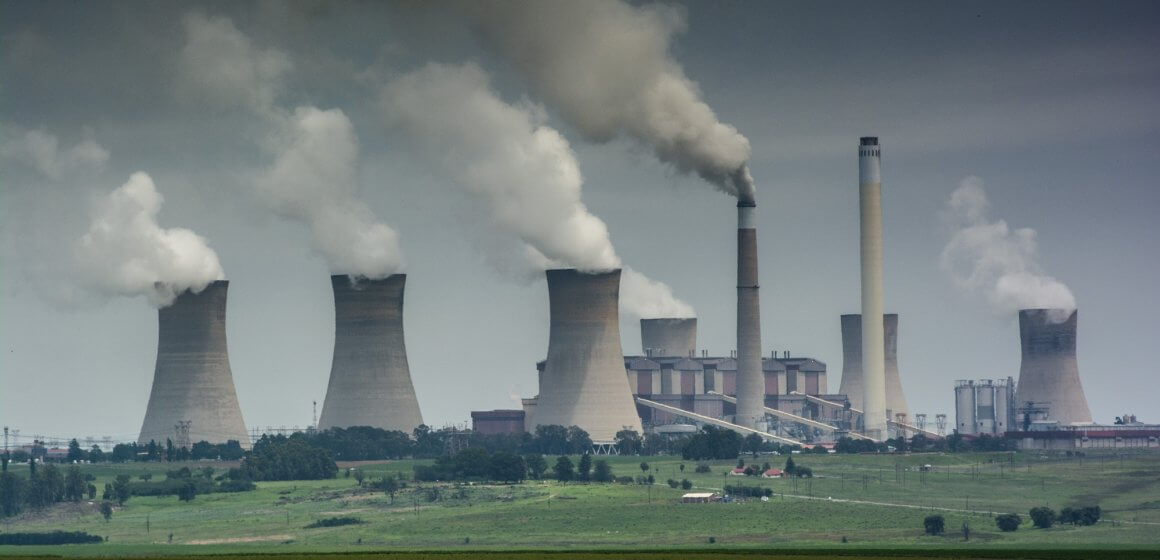























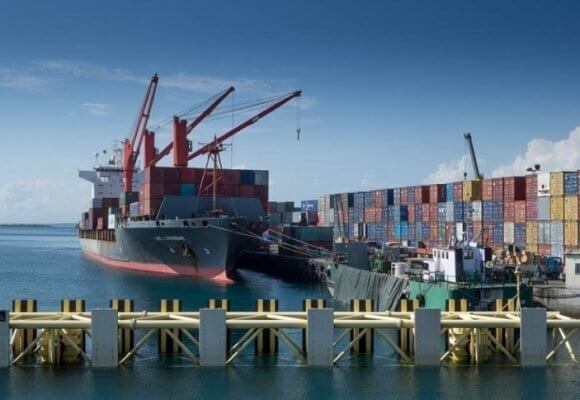
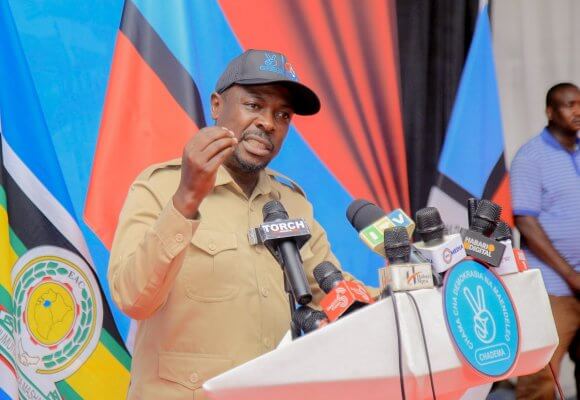
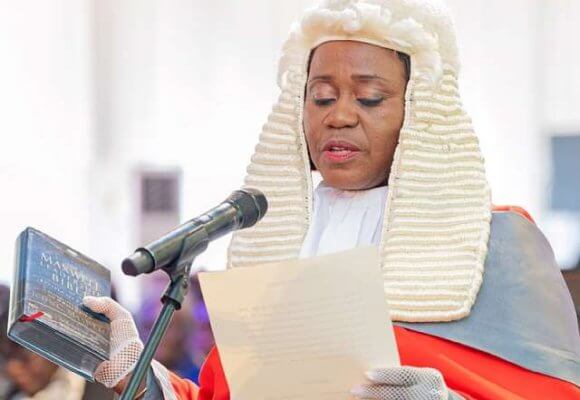
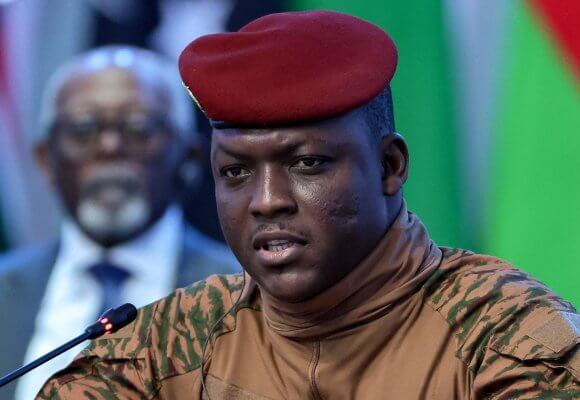

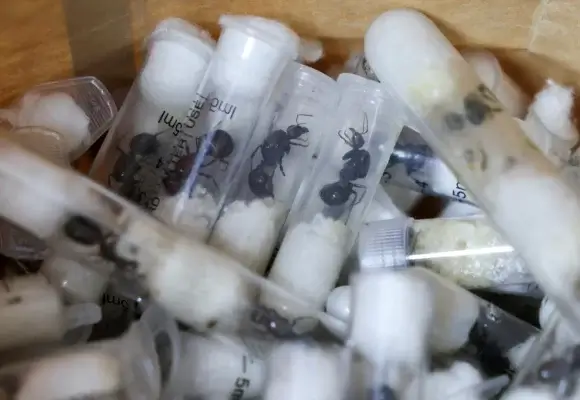
LEAVE A COMMENT
You must be logged in to post a comment.